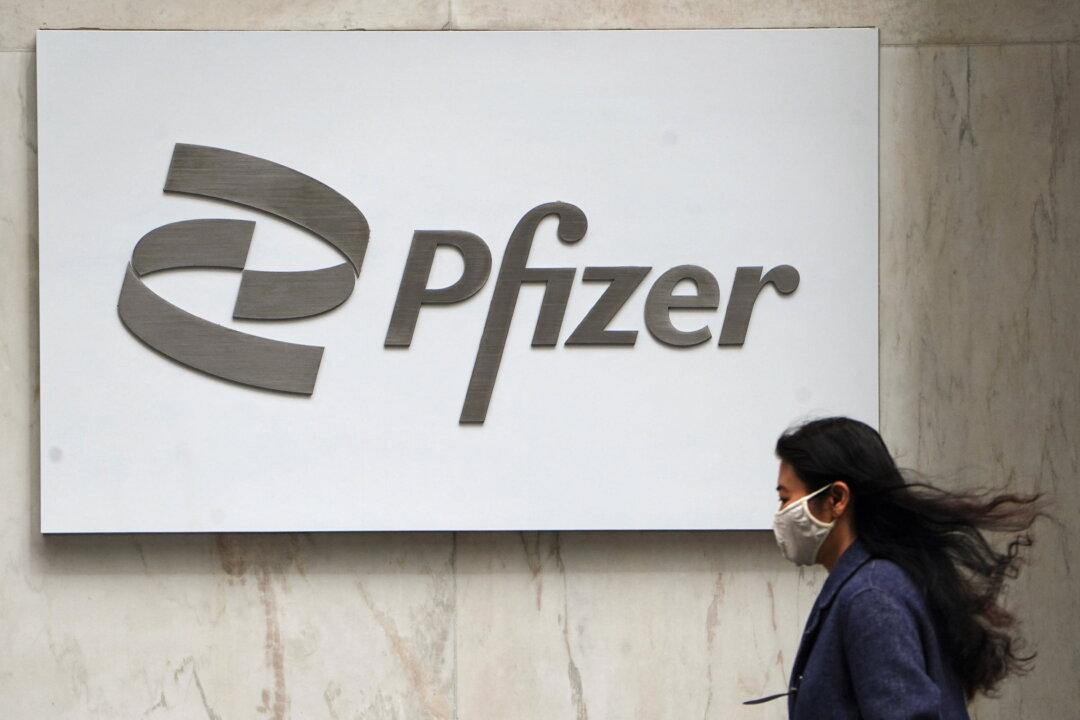LONDON—Pfizer plans to exit its 32 percent stake in Haleon, a consumer health joint venture with British drugmaker GSK, after the business is spun off as an independent listed company in July, GSK said on Wednesday.
Pfizer previously signalled it would seek to sell its shareholding in Haleon, the world’s largest consumer health business and home to Sensodyne toothpaste and Advil painkillers.





